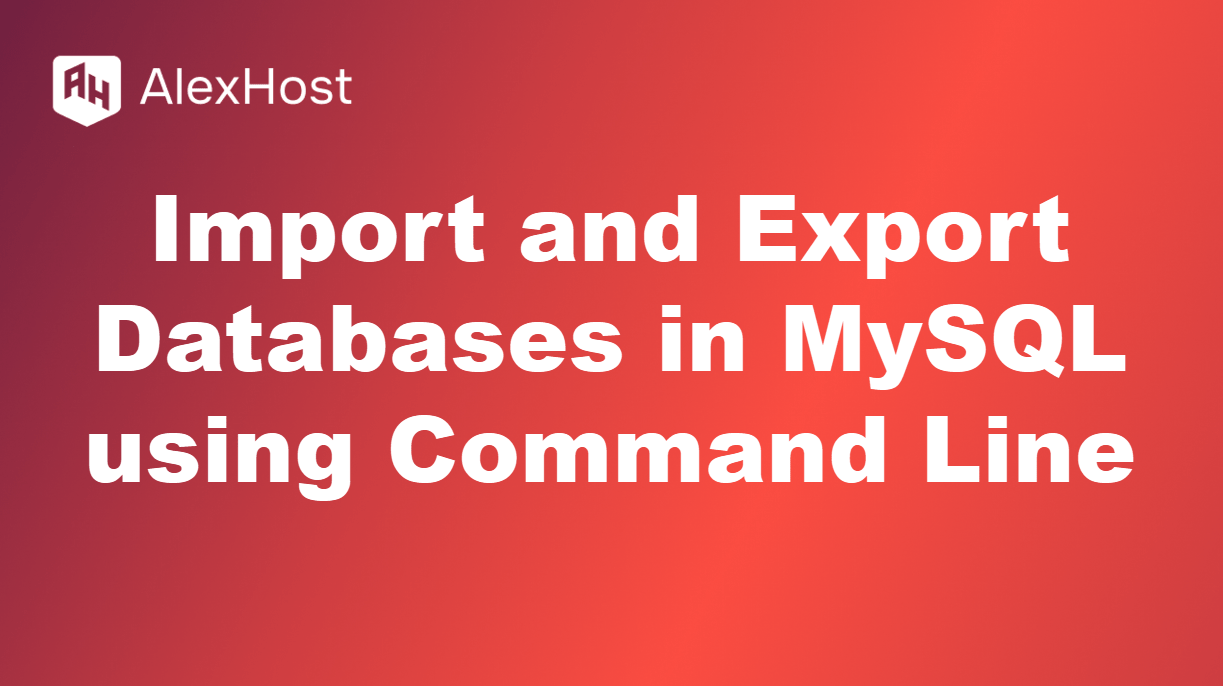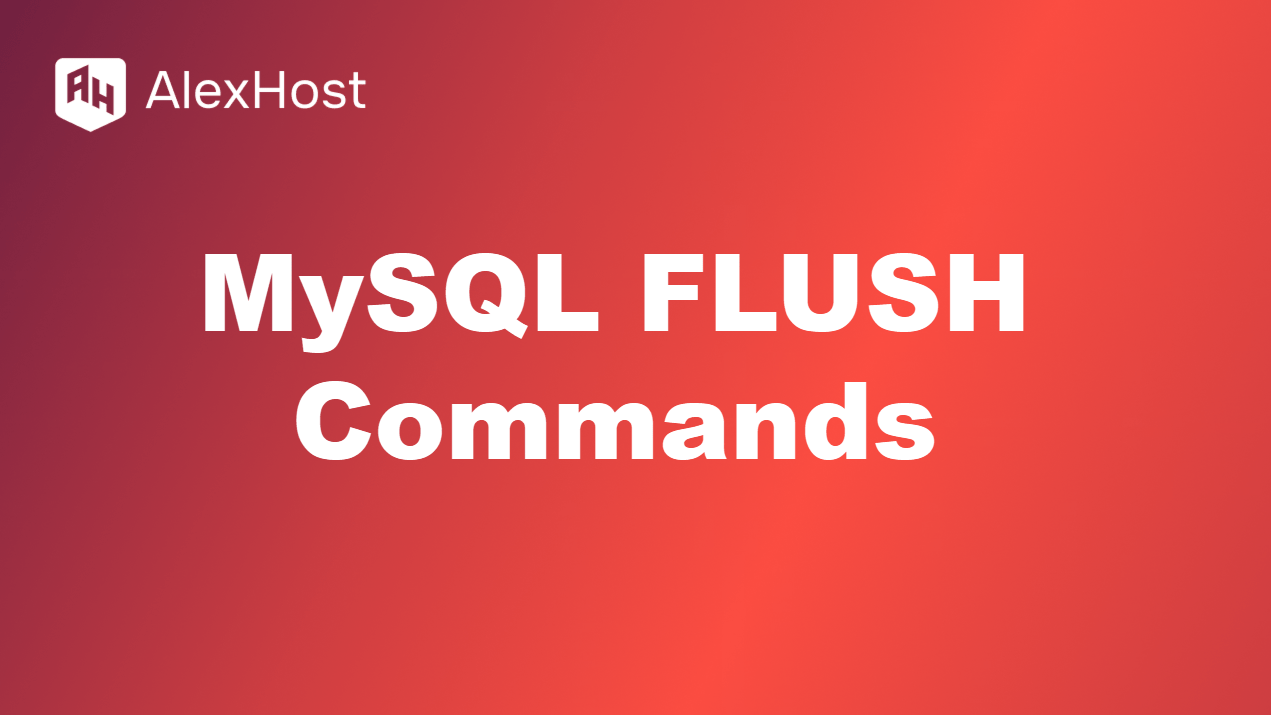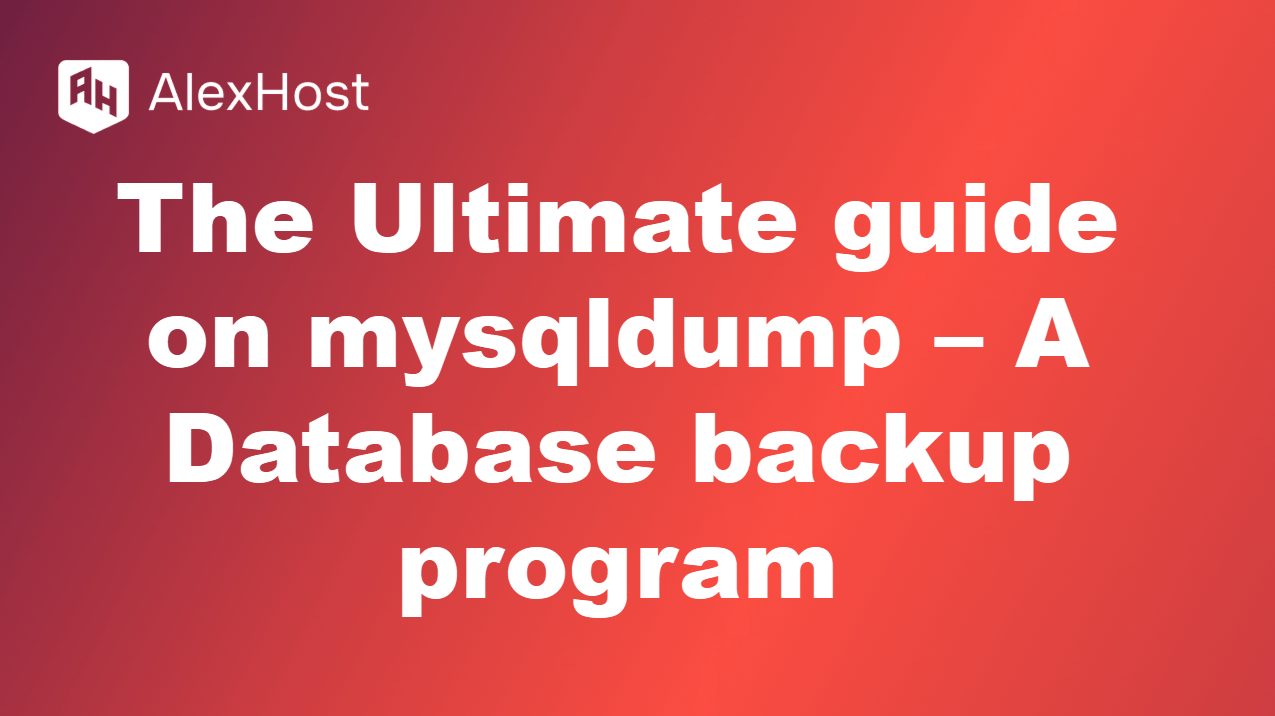faq-post
Keep your online browsing seamless with AlexHost’s high-performance hosting solutions! Whether you’re managing multiple browser profiles, syncing across devices, or backing up your data like bookmarks, AlexHost ensures your web experience remains smooth and secure. With reliable storage and lightning-fast speeds, AlexHost empowers you to safeguard your digital preferences and stay connected wherever you go. […]
Logging in to a server or an account is a basic yet essential task in managing servers, accessing remote systems, or simply managing your online accounts. Whether you are accessing a remote server via SSH, logging into a control panel, or using an account on a website, understanding the different login methods can make your […]
The history command in Linux is a powerful tool for users working with the Bash shell. It keeps track of previously executed commands, allowing users to view, recall, and even re-execute commands without typing them out again. This can significantly boost productivity by saving time and reducing the chance of making mistakes when retyping long […]
Screen is a powerful terminal multiplexer that allows you to create, manage, and resume multiple shell sessions from a single terminal window. This is particularly useful when working on remote servers via SSH or when you need to run long-running processes that you want to keep running even after disconnecting from the session. In this […]
Nginx is a versatile web server and reverse proxy that can be configured to listen on multiple ports, making it suitable for serving different websites, applications, or services from the same server. Configuring Nginx to listen on multiple ports can be useful for serving different content on different ports, or for supporting services like HTTP […]
When managing Linux systems, creating user accounts is a common administrative task. Two commands are often used for this purpose: useradd and adduser. While both achieve the same end goal—creating user accounts—they have distinct differences in terms of functionality and usage. Understanding these differences can help system administrators choose the right tool for their needs. […]
Managing database backups and migrations is an essential task for any MySQL database administrator. Using the command line, you can easily export databases to backup files or import them into a new environment. This guide covers how to import and export databases in MySQL using the command line. Prerequisites Before starting, ensure that: MySQL is […]
Efficient database management requires reliable and high-performing hosting solutions, and AlexHost’s MySQL Hosting Services provide the perfect environment for database administrators. With optimized performance, secure infrastructure, and full access to advanced MySQL features like FLUSH commands, AlexHost ensures your database operations run smoothly. Whether you’re managing privileges, clearing caches, or rotating logs, AlexHost empowers you […]
PHP-FPM (PHP FastCGI Process Manager) is a powerful and widely used process manager for PHP, often favored for its speed and ability to handle high-traffic websites. Knowing how to restart PHP-FPM is crucial for developers and system administrators, especially when applying changes to PHP configurations, resolving issues, or performing routine maintenance. In this article, we […]
mysqldump is a command-line utility provided by MySQL that allows you to create logical backups of MySQL databases. This tool is widely used for creating database backups, exporting databases to other servers, and migrating databases between MySQL versions or different systems. It is a simple, powerful, and flexible way to back up and restore databases, […]

















